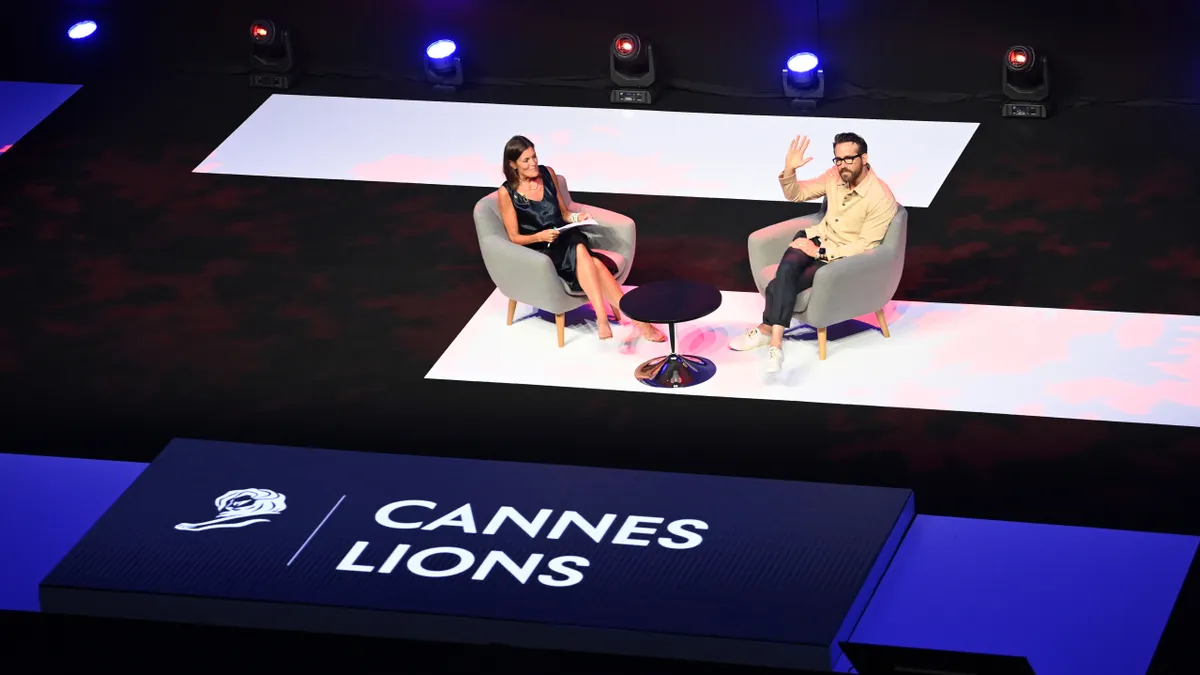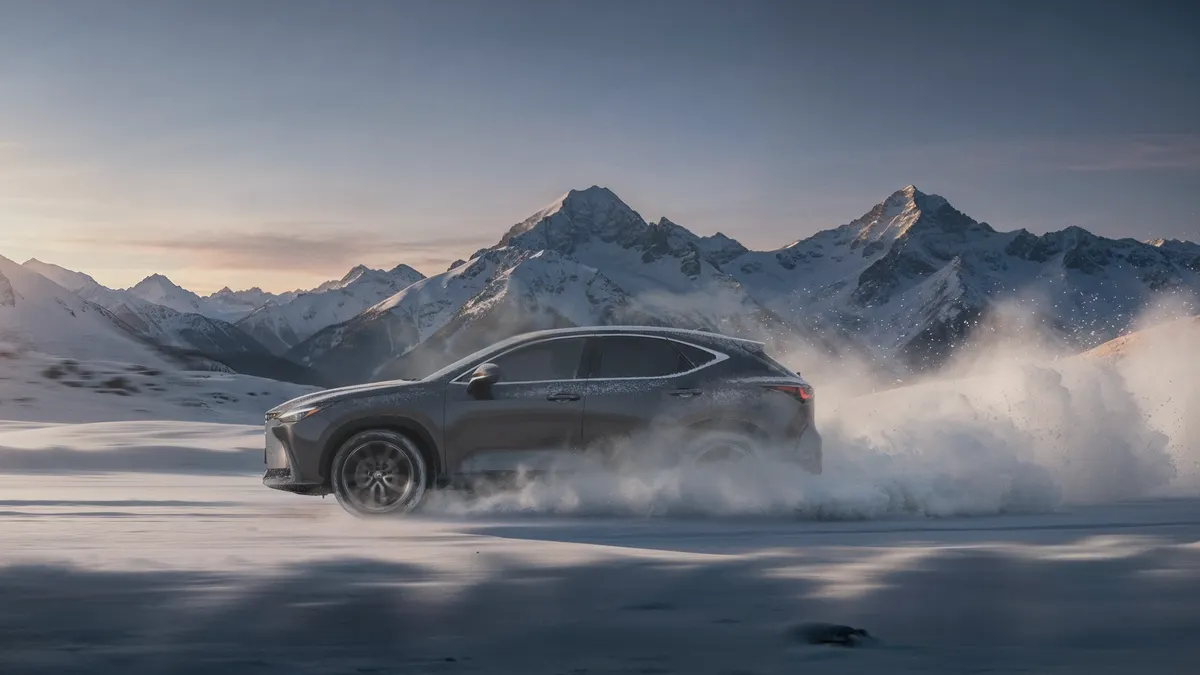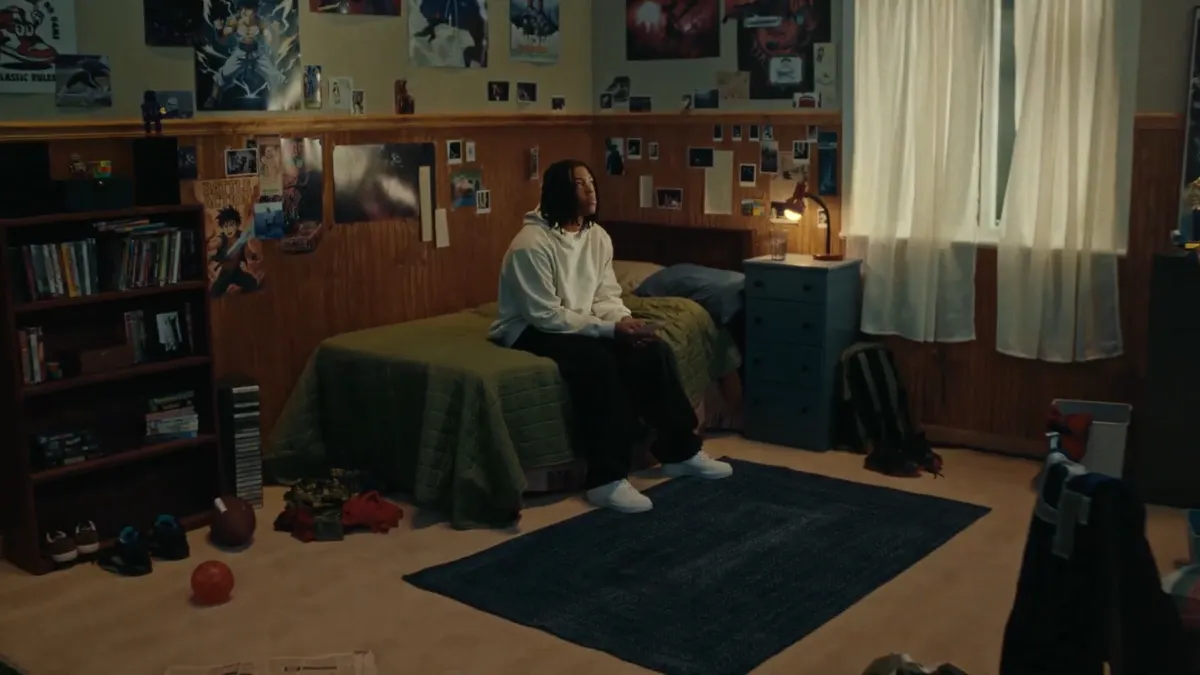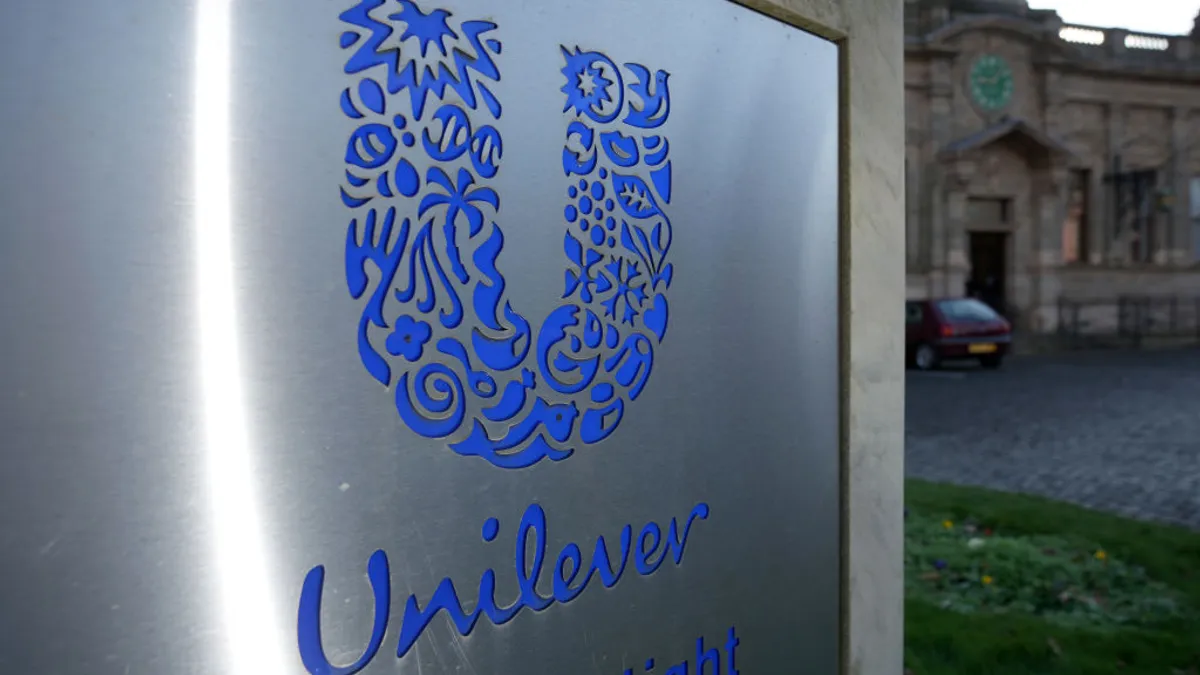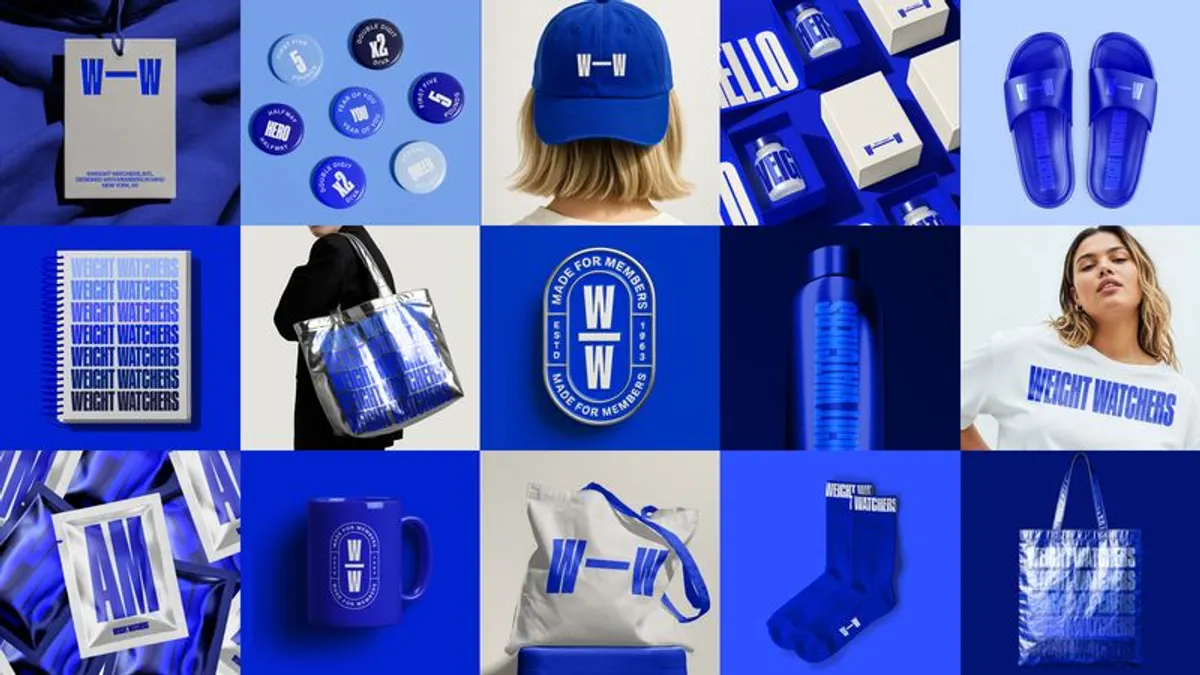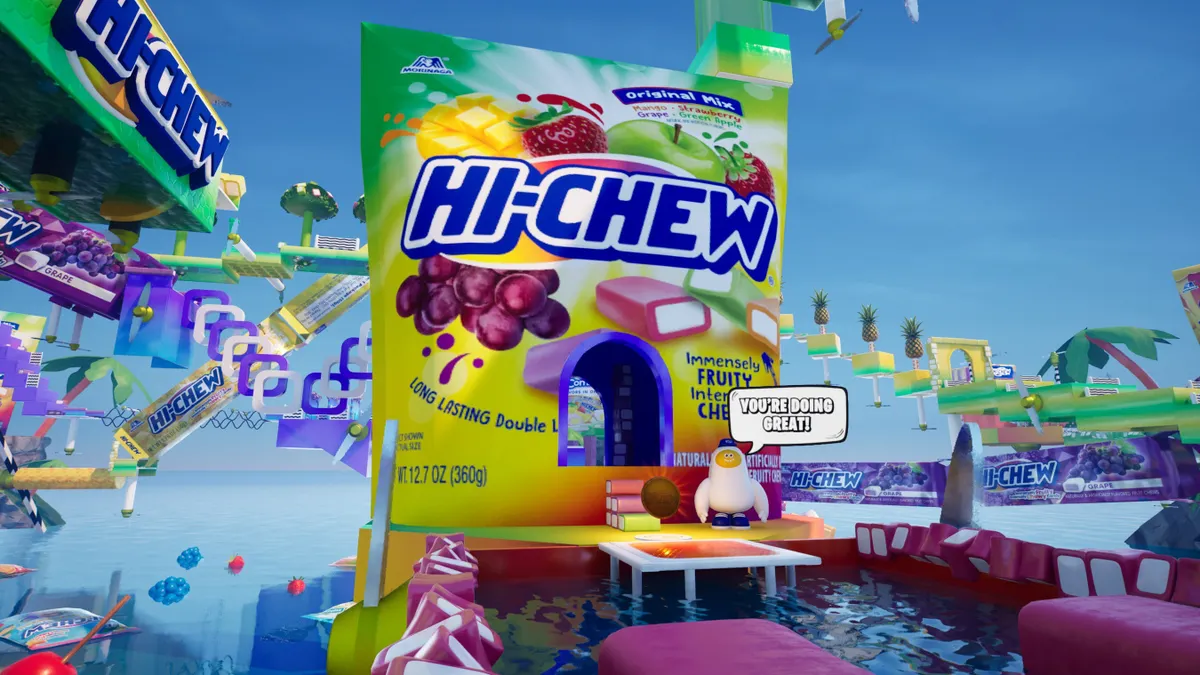Cannes Lions, adland’s global celebration of creativity, returned in-person last week for the first time since the pandemic started, another sign that large gatherings continue to bounce back despite the lingering presence of COVID-19. Needless to say, the industry has meaningfully changed since the last time brands, agencies, platforms and publishers convened on the French Riviera.
“For me, the conversations onsite at Cannes this year were more humble, recognizing progress whilst injecting healthy dissatisfaction on how brands can and must continue to do better,” Jane Wakely, who joined PepsiCo as chief consumer and marketing officer and chief growth officer of International Foods six months ago, said in an email.
Buzz on the ground focused on the future — in the form of alternative measurement currencies, the metaverse and Netflix’s plans to launch an ad-supported tier — though the overall tenor of the typically over-the-top annual show registered as more measured and anticipatory for some attendees. That matches with the vibe of other conferences that have recently decided to reopen their doors, though Cannes Lions got particularly heated at certain points due to an invasion of environmental activists. Amid the usual packed slate of panel discussions, awards ceremonies and general hobnobbing, discussions around substantive issues like sustainability and diversity, equity and inclusion commanded greater attention as well.
A degree of unease could be attributed to exterior factors: The war in Ukraine, rising inflation and accompanying recessionary fears all cast a shadow on the event, according to on-the-ground media reports (Marketing Dive was unable to attend this year). Given the high-pressure macroeconomic environment, marketers might’ve been seeking more practical solutions while not wholly abandoning the usual boozy networking and glitzy awards celebrations that saw brands like Coinbase, Google and Wingstop take home top honors.
“There are still all the big yachts and some extravagant entertainment, but it is a more controlled manner than the past,” said Rob DeSalvo, chief revenue officer at the ad-tech company Perion, in an email following the show. “The true focus has been on making sure attendees are consuming content that is tangible and actionable.”
Confronting reality
Some Cannes Lions companies and sponsors were subject to potentially unwanted levels of action. A group of kayaking Greenpeace activists rushed WPP’s beachfront station from the water to protest agency ties to fossil fuel companies. Members of the global campaigning organization later scaled the Palais, the convention center for the show, to hang a banner that read, “Fossil Fuel Ads are Burning the Planet.”
The stunt, which received coverage in non-trade publications, was another sign of how thorny real-world issues were occasionally at tension with Cannes Lions’ focus on the positive side of the ads business. While the disruptions might have thrown some cold water on the show’s “we’re back” sentiment, sustainability was top-of-mind in a broader sense.
PepsiCo was present for the first time at Cannes Lions as a single team, and executives said the unified approach helped put new energy behind internal initiatives like PepsiCo Positive (Pep+). The end-to-end transformation program, introduced last year, aims to cut down on plastic waste and emissions and encourage consumers to recycle more, among other goals.
“The community has a huge ambition to accelerate growth whilst also ensuring we leverage the strengths and creativity of our industry,” Wakely said. “This is key to ensuring we help tackle the pressing issues in the world for our planet and the communities we serve. There was a recognition that we need to learn from each other, collaborate and form partnerships to make faster progress.”
Other topics that received a brighter spotlight included DEI, a front marketers and agencies have felt pressure to improve upon in the wake of mass protests for racial justice in 2020, though progress in the years since has been piecemeal. The World Federation of Advertisers used this year’s gathering to roll out a Global DEI Charter for Change, a guide that features a list of actions marketing organizations can take to ensure they’re hitting their DEI targets.
“[The] content on DE&I is not surprising, but has been very interesting,” DeSalvo said. “To see and hear all about what some of the biggest names in our industry are doing around this important initiative has been inspiring and left me with some great ideas on how we can enhance the great work we are doing as an organization.”
Re-energized
As marketers grapple with such systemic obstacles and the likelihood of an economic downturn in the near future, the chance to collaborate face-to-face was clearly welcome. “Palpable” was frequently used to describe the levels of energy at Cannes Lions, a factor that could help foster more collaborative solutions. The takeaway indicates that a more down-to-business approach could carry over to other major events, such as Advertising Week New York in the fall.
“Not being able to be in person for this event over the last few years due to the pandemic, we’ve all missed the collaborative space and spirit Cannes brings and it has been phenomenal to see how reinvigorated and committed the industry is to creating work with value and purpose,” said Wakely.
“Using our industry’s tremendous reach and creativity to create a force for growth and a force for good is creating uncommon collaboration at its best — and we need to ensure that continues despite the many short-term pressures that we will all face and need to navigate in the coming months,” she added.


